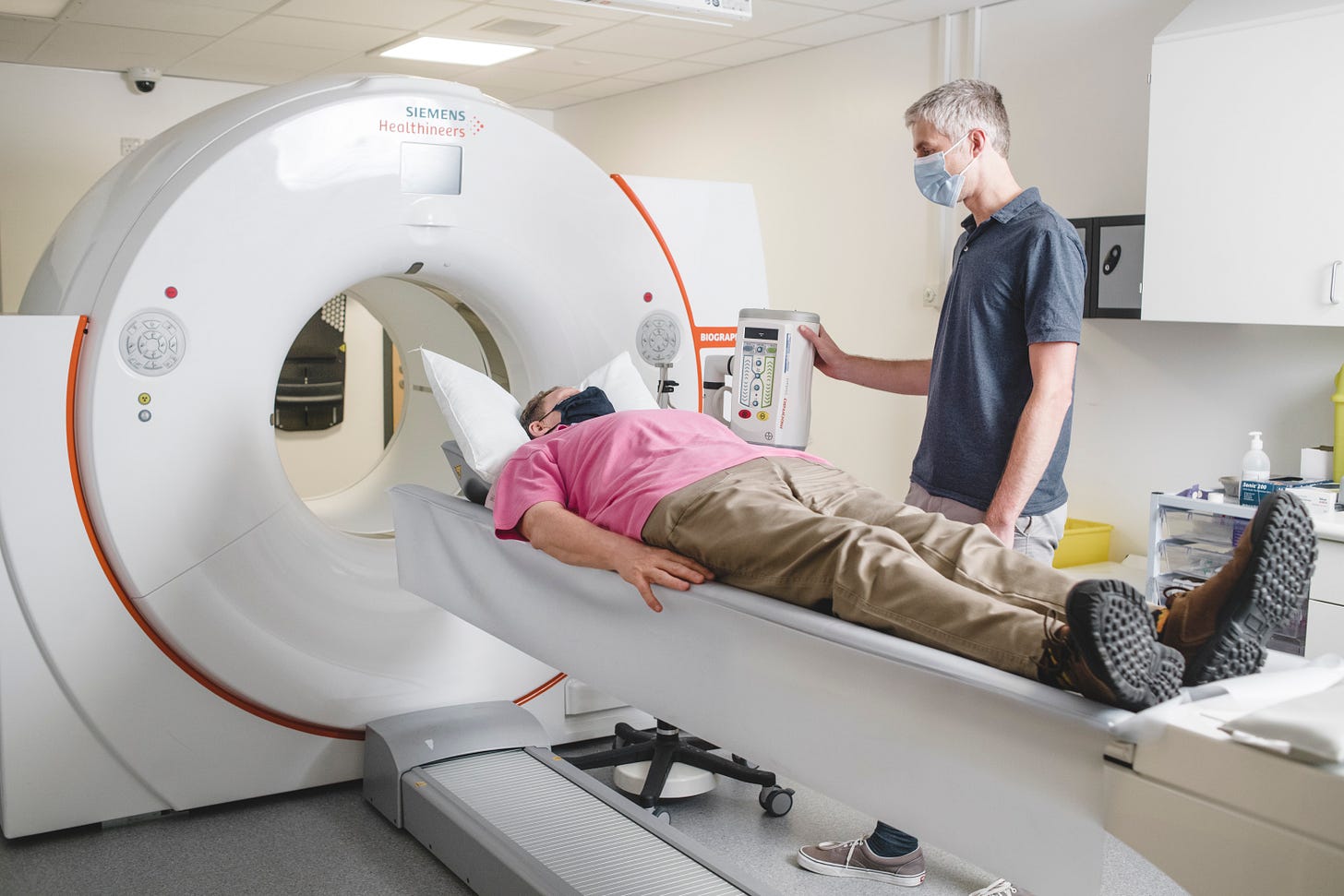Decoding Parkinson's
Big new trial aims to uncover the origins of the disease
It is the world’s fastest growing neurological condition, now affecting 10 million people. But Parkinson’s Disease is really hard to describe because it has such a wide range of symptoms, with every person seemingly having their own distinctive experience of what it means for their body and their mind.
Indeed, I recently chaired a conference session in which a distinguished if iconoclastic American neurologist railed against the whole idea of Parkinson’s Disease insisting it was too vague a concept to be useful as a diagnosis.
That is an extreme view, But what is obvious to anyone like me who has been recently diagnosed with Parkinson’s - I had my suspicions confirmed in January 2019 - is that the medical profession is still flailing around in the dark as it attempts to understand and treat the condition. Levdopa, the main drug used to alleviate the symptoms, dates back 60 years and it feels as though not much progress has been made since then.
Which is why I was excited a few days ago to read about a new series of trials being run by researchers at the University of Exeter which apparently would seek to throw light on how Parkinson’s develops. The £6m project, partly funded by the Michael J. Fox Foundation, will need over 100 volunteers at various stages of their Parkinson’s journey. So I immediately dropped an email to the team at Exeter offering my services, and also explaining that I wanted to write about the trial so would like a bit more information.
I ended up having a great conversation with one of the principle investigators of the trials Dr Edoardo de Natale. He explained that the project built on work previously done by Exeter’s Neurodegeneration Imaging Group, which uses what are known as PET (Positron Emission Tomography) scans to look deep inside the brain.
Their work is all about trying to find a biomarker, a measure that indicates an abnormal process which leads to Parkinson’s. “Something that is characteristic of the disease itself, “ explained Dr de Natale, “that can help in recognising what is happening not at the clinical level, but at a biological level.”
In a previous study the group had examined patients with a rare genetic mutation known to cause Parkinson’s. Whereas the disease is generally thought to be associated with a deficiency of dopamine in the brain - hence the development of drugs like Levdopa to remedy that - in these patients, changes in another neurotransmitter serotonin were also shown to play a part.
The new trials will seek to delve further into the role of serotonin with a wider range of participants. Let’s be clear, these are not clinical trials, and won’t discover new ways of treating Parkinson’s but by shining a light on what is happening inside the brains of people like me, they could help in the mission to find new treatments or even a cure.
The aim, as Edoardo de Natale puts it, is “to provide people who design new drugs for Parkinson's disease with the necessary information for the trial to be first possible, and secondly effective.”
This is one of the UK’s biggest and best funded research projects into Parkinson’s, a condition which has not attracted as much attention and money as the scale of the problem demands. I’m hoping that I can be involved and will report back if that happens.


A story about Parkingson's that you might find meaningful. 💜 https://shorturl.at/yfIce
would be great to have the story as it unfolds. so much research isn't publicised in a form ordinary people have access to. good luck Rory, hope you get on it. xxx